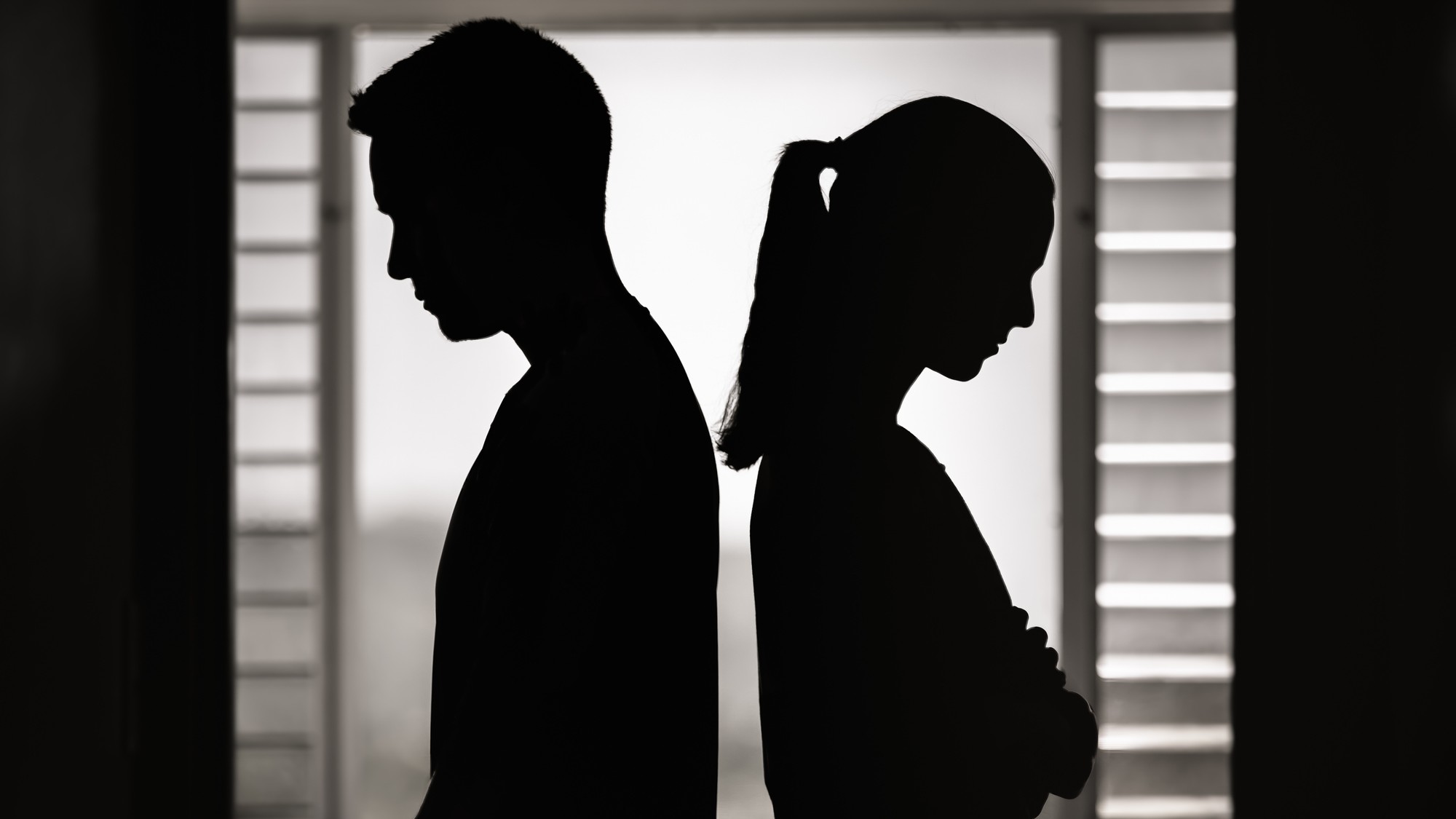Boysober: the rebranding of female celibacy
Voluntarily abstaining from sex is gaining traction as a feminist choice amid erosion of reproductive rights and dating app fatigue

A free daily email with the biggest news stories of the day – and the best features from TheWeek.com
You are now subscribed
Your newsletter sign-up was successful
"Celibacy has had a rebrand," said Refinery29. Previously it was "intertwined with religious ideas of purity and chastity", but amid a rising awareness of asexuality and the erosion of reproductive rights, the motives for abstaining from sex are now "more varied".
Italian-American actress Julia Fox recently linked her two-and-a-half years of celibacy to the overturning of Roe v. Wade, which ended the constitutional right to abortion in the US, saying she didn't feel comfortable having sex "until things change".
Online, "celibacy is trending", said Time Out. The hashtag has tens of thousands of posts on TikTok, while the phrase "boysober" – coined by US comedian Hope Woodard to describe abstaining from dating – is "gaining traction".
The Week
Escape your echo chamber. Get the facts behind the news, plus analysis from multiple perspectives.

Sign up for The Week's Free Newsletters
From our morning news briefing to a weekly Good News Newsletter, get the best of The Week delivered directly to your inbox.
From our morning news briefing to a weekly Good News Newsletter, get the best of The Week delivered directly to your inbox.
The movement is all about "keeping your twenties untainted by toxic dating habits and roundabout relationships", said The Independent's Oliver Keens. In the comedian's own words, it's about removing the "fake sense of validation that we get from dating and situationships and sleeping around, and refocusing that energy".
The new face of celibacy
South Korea's feminist-led 4B movement – no sex, no dating, no marriage, no childbirth, by choice – is gaining popularity globally, said Refinery 29.
Meanwhile, various studies suggest that Gen Z and millennials are having "less sex than previous generations". "For women who have experienced feelings of disillusionment in their sex and dating lives, a vow of celibacy might help someone recoup or figure out what needs to change in order to find greater fulfilment here."
One survey last year of 2,000 people by dating app Dua.com found that the number of Britons choosing to abstain from sex had increased from 12% to 20% in 10 years.
A free daily email with the biggest news stories of the day – and the best features from TheWeek.com
But this is a long-term trend, said Time magazine in 2018. The number of all Americans having sex at least once a week fell from 45% in 2000 to 36% in 2016, according to the General Social Survey (GSS), which has been gathered by the National Opinion Research Council at the University of Chicago since 1972.
One analysis of GSS data in 2018 showed that more than twice as many US millennials were sexually inactive in their early 20s than the previous generation. Only the 60-somethings are "bucking the trend", possibly with "a little pharmaceutical help".
Teen sex in the US, which is monitored by the Centers for Disease Control, has been on a "downward trend since 1985".
What's actually changed
Celibacy "persistently returns to the public conversation", said The New York Times. Fox's vow of celibacy as a way to "take back the control" recalled a "similar statement" from Lady Gaga in 2010, when she claimed periods of celibacy allowed her to be "strong and independent".
But much of the "current vogue for celibacy" is driven not by aversion to sex but by "disgust with the digital-age dating scene".
A recent backlash to a marketing campaign from dating app Bumble, with slogans including "Thou shalt not give up on dating and become a nun" felt like the "death knell" for "sex-positive feminism", said Arwa Mahdawi in The Guardian. The campaign, which appeared to be trying to "make casual sex great again", did not land well.
"Thousands of words have been written about the great sex recession," but this "brouhaha" over the "great Bumble fumble" points to a "fascinating change in culture".
Harriet Marsden is a senior staff writer and podcast panellist for The Week, covering world news and writing the weekly Global Digest newsletter. Before joining the site in 2023, she was a freelance journalist for seven years, working for The Guardian, The Times and The Independent among others, and regularly appearing on radio shows. In 2021, she was awarded the “journalist-at-large” fellowship by the Local Trust charity, and spent a year travelling independently to some of England’s most deprived areas to write about community activism. She has a master’s in international journalism from City University, and has also worked in Bolivia, Colombia and Spain.
-
 What is the endgame in the DHS shutdown?
What is the endgame in the DHS shutdown?Today’s Big Question Democrats want to rein in ICE’s immigration crackdown
-
 ‘Poor time management isn’t just an inconvenience’
‘Poor time management isn’t just an inconvenience’Instant Opinion Opinion, comment and editorials of the day
-
 Bad Bunny’s Super Bowl: A win for unity
Bad Bunny’s Super Bowl: A win for unityFeature The global superstar's halftime show was a celebration for everyone to enjoy
-
 Microdramas are booming
Microdramas are boomingUnder the radar Scroll to watch a whole movie
-
 How to navigate dating apps to find ‘the one’
How to navigate dating apps to find ‘the one’The Week Recommends Put an end to endless swiping and make real romantic connections
-
 Quiet divorce is sneaking up on older couples
Quiet divorce is sneaking up on older couplesThe explainer Checking out; not blowing up
-
 The battle over the Irish language in Northern Ireland
The battle over the Irish language in Northern IrelandUnder the Radar Popularity is soaring across Northern Ireland, but dual-language sign policies agitate division as unionists accuse nationalists of cultural erosion
-
 How coupling up became cringe
How coupling up became cringeTalking Point For some younger women, going out with a man – or worse, marrying one – is distinctly uncool
-
 How AI chatbots are ending marriages
How AI chatbots are ending marriagesUnder The Radar When one partner forms an intimate bond with AI it can all end in tears
-
 The most downloaded country song in the US is AI-generated
The most downloaded country song in the US is AI-generatedUnder the radar Both the song and artist appear to be entirely the creation of artificial intelligence
-
 Rosalía and the rise of nunmania
Rosalía and the rise of nunmaniaUnder The Radar It may just be a ‘seasonal spike’ but Spain is ‘enthralled’ with all things nun